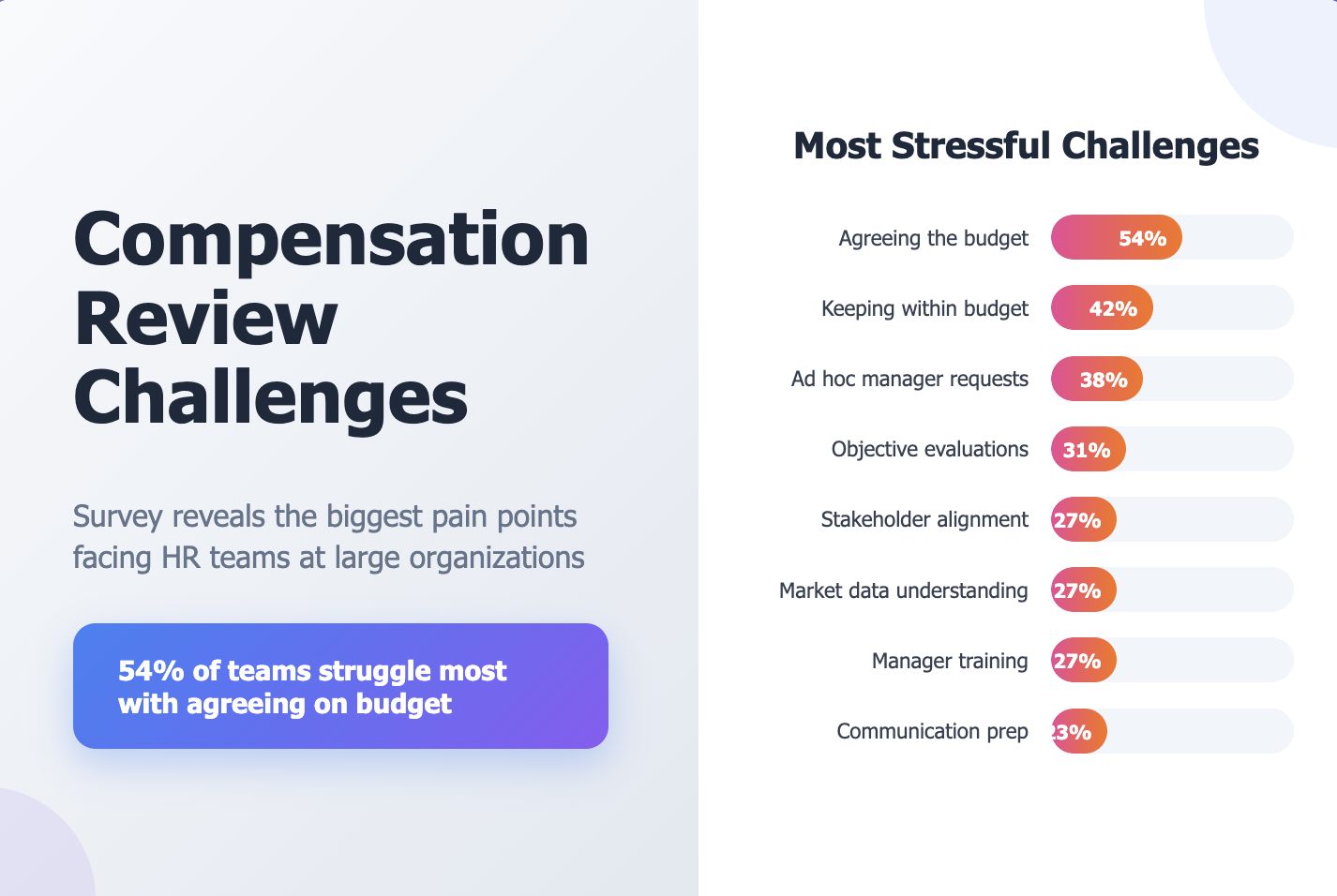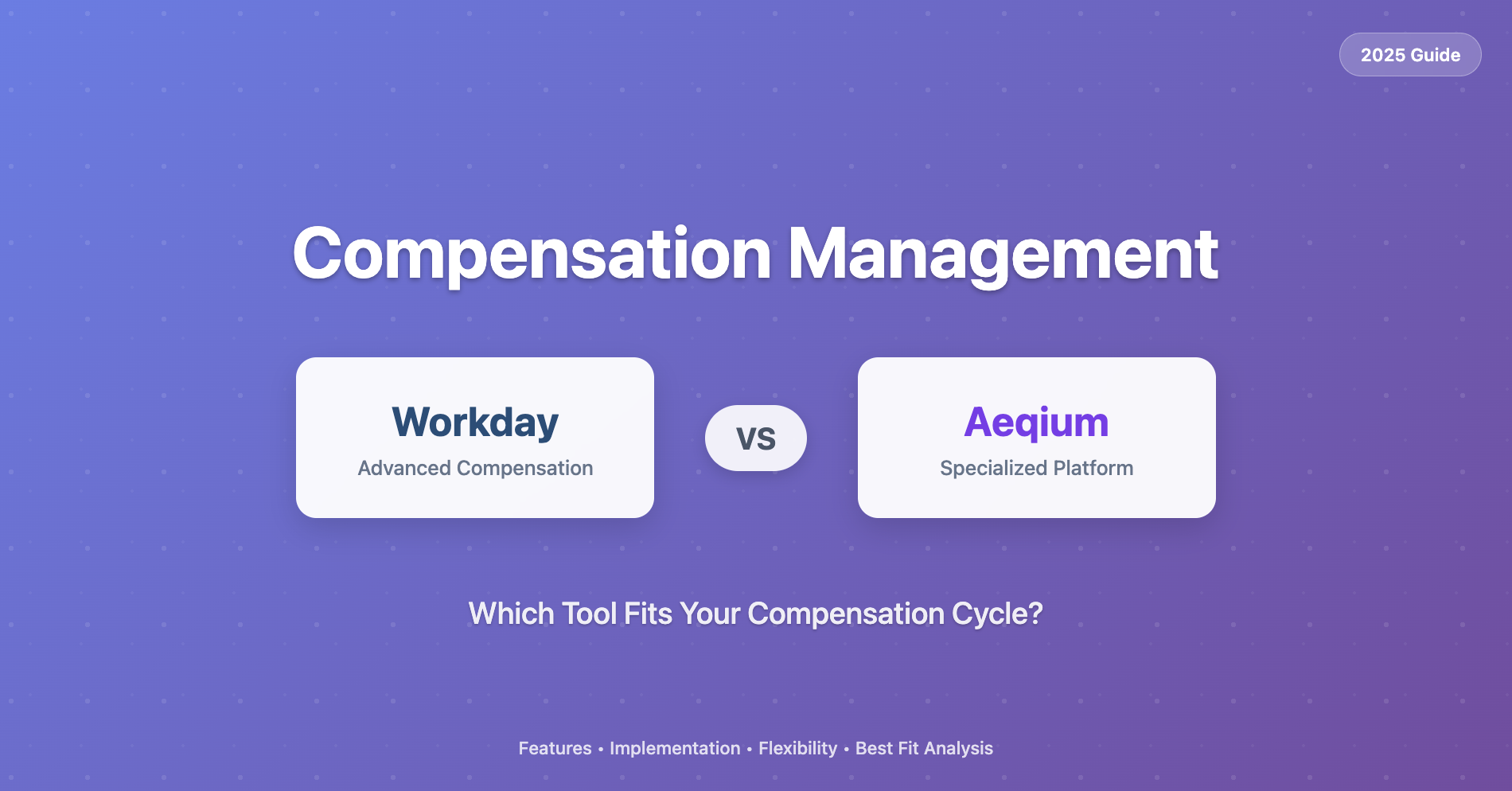Navigating Compensation in a Downturn

As of the time of writing, it looks increasingly likely that the US (and the world) are heading towards a recession. Tech markets have been disrupted as public tech equities have pulled back from their 2021 highs and a combination of recession and inflation worries have increased. Fundraising has slowed dramatically and many expect it to remain suppressed for a while. We’re already seeing hiring slowdowns, hiring freezes, layoffs, and will likely see company failures occurring across the market as the future economy looks bleaker and funding dries up.
In these volatile conditions there are numerous compensation-related considerations for founders, executives, and people operations leaders. Many companies will aim to reduce cash burn in the coming quarters, and employee compensation is typically one of their most significant cash outlays. Figuring out how to maximize the value that you get from your compensation is key. At the same time, we’ve had several years of an unprecedentedly hot hiring market which has caused compensation to skyrocket – the landscape is much more complicated than “you can pay candidates and your team whatever you want, and they’ll be happy just to have a job.”
In these uncertain times there are going to be many important decisions that you and your team need to make regarding comp. Here are a few tips for how to navigate compensation and team building in the event that we’re in for an extended downturn.
Reassess the Compensation Market
Until a few months ago we were in one of the hottest job markets in recent memory, particularly in the US technology sector. A wide range of firms ranging from small startups flush with cash to large public companies were aggressively bidding up talent, leading to steadily increasing compensation expectations from job candidates. As we see more layoffs, hiring freezes, and shutdowns, expect markets to shift.
At minimum, compensation for most roles is unlikely to continue to increase at the rates that we’ve observed in recent years. If the level of competition in the job market reduces significantly as startups die and companies retrench, we could see compensation increases halt, or even potentially reverse from their highs. As a hiring manager or people ops professional, it’s important to assess what the job market looks like for your roles. Just as compensation expectations increased dramatically as the market was hot, they will likely flatten quickly as the market cools.
The first sign that we’ll probably see in terms of downward pressure will be a decrease in candidates looking for sky-high comp. The reason is simple – if Google stock drops dramatically, we’ll see fewer Google engineers asking you to match their stratospheric comp expectations because their total comp will be lower on average. In this environment, you should continue to monitor the market to understand what competitive compensation looks like, particularly if you’re trying to conserve cash flow in anticipation of a downturn. Your compensation bands might shift rapidly in the next few quarters, and you should make sure to stay on top of these market changes so that you can set yourself up to weather the coming storm.
Reconsider Compensation Splits
Traditionally, a large portion of compensation at companies has come in the form of stock options or restricted stock units (RSUs). As stock market volatility increases, it’s likely that many candidates will begin to value base salaries more highly, and put less weight on equity grants. In times of uncertainty cash is king.
If you’re well capitalized and cash flow isn’t a top concern, consider re-evaluating the optimal balance between cash and equity compensation that you offer to candidates or employees. This is particularly true for private or early stage companies whose equity is highly illiquid. If candidate sentiment on the value of equity sours significantly, you could end up losing candidates simply because they’re valuing your stock too cheaply.
One tactic to consider is giving new hires (and existing employees receiving merit or promotion increases) the choice between various splits of cash vs. equity. For example, you could offer a candidate the choice between a salary of $130,000 with options valued at $100,000 over four years, and a salary of $120,000 with options valued at $200,000 over four years.
Going on Offense
Equity grants are one of the most significant components of compensation at many companies. As public technology stocks have fallen dramatically, the value of this equity has fallen as well. An employee vesting a significant $150,000 per year at a public company like Alphabet, Meta, or Amazon might be vesting a much less competitive $75,000 per year now. For some once high-flying companies like Coinbase, the drop might be even deeper. Many employees who were effectively tied to their employers by golden handcuffs will now be more open to switching jobs.
Given recent valuations, this pattern is even more extreme for private startups. If a startup raised money at 100x their annual recurring revenue as was typical just 6 months ago, the current value of recent employees’ equity grants might be overvalued by a factor of 4-5x. Many of these employees may be open to moving companies, particularly if they were only staying to keep their previously lavish equity grants vesting.
This is an opportunity to hire top talent if your company is still actively hiring. For example, Affirm swooped in when high-flying startup Fast shut down and hired a large number of their engineers. As the cycle of increasingly competitive hiring processes breaks, there will be great opportunities for hiring teams that are prepared to seize them. If you hired conservatively during the boom times of last year and are still growing your team, the coming months could be an unprecedented opportunity to woo top talent.
Keeping Compensation Competitive
Of course, you also need to evaluate your own compensation if your valuation falls significantly. For employees where equity compensation is a significant part of their compensation or who received shares at now-unrealistic prices, consider compensation adjustments that ensure that comp remains competitive in the market. There are several ways to do this, although all carry downsides of various forms:
- Consider repricing your options
- If you’re a private company, revalue your shares so that new equity is granted at a valuation that matches the market
- Grant additional equity
- Adjust cash compensation
Some of these options can be quite costly at a time when your bottom line is important, particularly cash compensation (increases cash burn) and additional equity grants (increases dilution for everyone, including existing employees, and impacts projections of earnings per share). Companies should consider their unique situations in order to balance the needs of their team regarding retention and the needs of their bottom line when it comes to acceptable burn rate.
Conclusion
Volatile markets present both challenges and opportunities. Be strategic and make the most of your company’s resources to make sure that you’ll have a strong defense (or be able to go on offense) and thrive even in a tough market.




